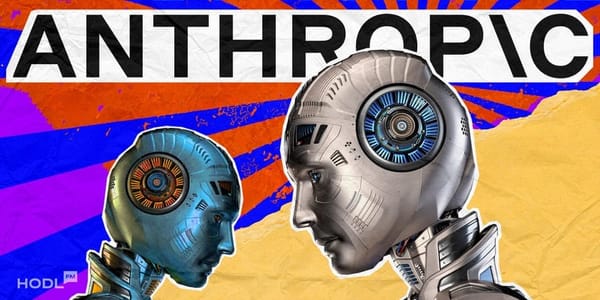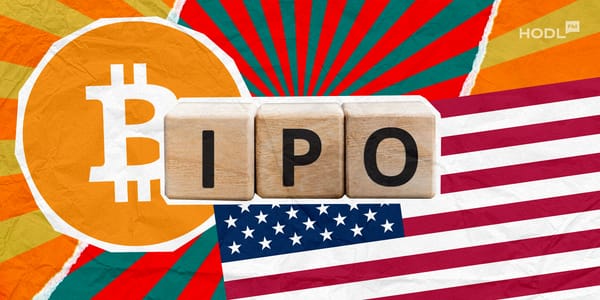Google announced on September 16, 2025, the launch of its Agent Payments Protocol (AP2), an open framework designed to securely handle payments made by autonomous AI agents. The news was shared in a Google Cloud blog post and supported by more than 60 industry partners, including Mastercard, PayPal, American Express, Coinbase, and Deloitte.
Why a new protocol was needed
Google framed AP2 as a response to what it called a “structural gap” in modern payments systems, which assume a human is always in control of a transaction by clicking “buy.” The rise of autonomous AI agents, which can execute purchases without human interaction, raises three unresolved issues: authorization, authenticity, and accountability.
AP2 introduces cryptographically signed “Mandates” , digital contracts that create a verifiable chain of evidence from user intent to payment completion. Examples include:
- Intent Mandate: e.g., “Find me white running shoes,” creating an auditable user request.
- Cart Mandate: Locks items and price once a user approves the cart.
- Delegated Mandate: Pre‑authorized instructions (e.g., buy tickets at a max price once on sale).
According to Google, this sequence ensures tamper‑proof accountability and prevents disputes around whether a transaction reflected a user’s actual intent.
New commerce use cases
In its release, Google highlighted scenarios AP2 enables, including:
- A customer instructing an agent: “Find a winter jacket in green, I’ll pay up to 20% more.”
- Personalized offers: Merchants responding with bundles tailored to an agent’s shared intent.
- Coordinated tasks: An agent booking a flight and hotel together under a set $700 budget.
These models illustrate how agent‑driven commerce could move from experiments to mainstream adoption.
Crypto integration: the x402 extension
Alongside AP2, Google introduced the dedicated A2A x402 extension, developed in collaboration with the Ethereum Foundation, Coinbase, and MetaMask. This extension embeds stablecoin and crypto transaction support directly into the protocol.
Other Web3 firms, including Mysten Labs, Crossmint, BVNK, Lightspark, and Mesh, also endorsed the extension.
“x402 and AP2 show that agent‑to‑agent payments aren’t just an experiment anymore — they’re becoming part of how developers actually build,” said Erik Reppel, Head of Engineering at Coinbase Developer Platform, in Google Cloud’s official launch statement.
Google positioned crypto rails as a “natural payment layer” for autonomous agents, further aligning AP2 with evolving decentralized finance infrastructure.
Industry endorsements
Google listed broad industry backing in its announcement, with contributions from Mastercard, PayPal, Amex, Intuit, Salesforce, Adyen, ServiceNow, Worldpay, JCB, Ant International, MetaMask, Adobe, Accenture, and Deloitte.
- Luke Gebb, EVP, Amex Digital Labs, emphasised the importance of “trust and accountability in AI‑driven commerce.”
- Pablo Fourez, Chief Digital Officer at Mastercard, said the initiative helps secure “the payments ecosystem in dynamic new contexts.”
What’s next
Google has open‑sourced AP2 on its public GitHub repository, including technical documentation and reference implementations. The company said AP2 is intended to evolve in collaboration with partners and standards bodies, supporting consumer commerce, enterprise workflows, and B2B procurement.
Google framed AP2 as “the building blocks for the trusted foundation of agent‑led payments,” while signaling that extensions, like x402, will shape native crypto integration into the core protocol.

Disclaimer: All materials on this site are for informational purposes only. None of the material should be interpreted as investment advice. Please note that despite the nature of much of the material created and hosted on this website, HODL FM is not a financial reference resource, and the opinions of authors and other contributors are their own and should not be taken as financial advice. If you require advice. HODL FM strongly recommends contacting a qualified industry professional.





